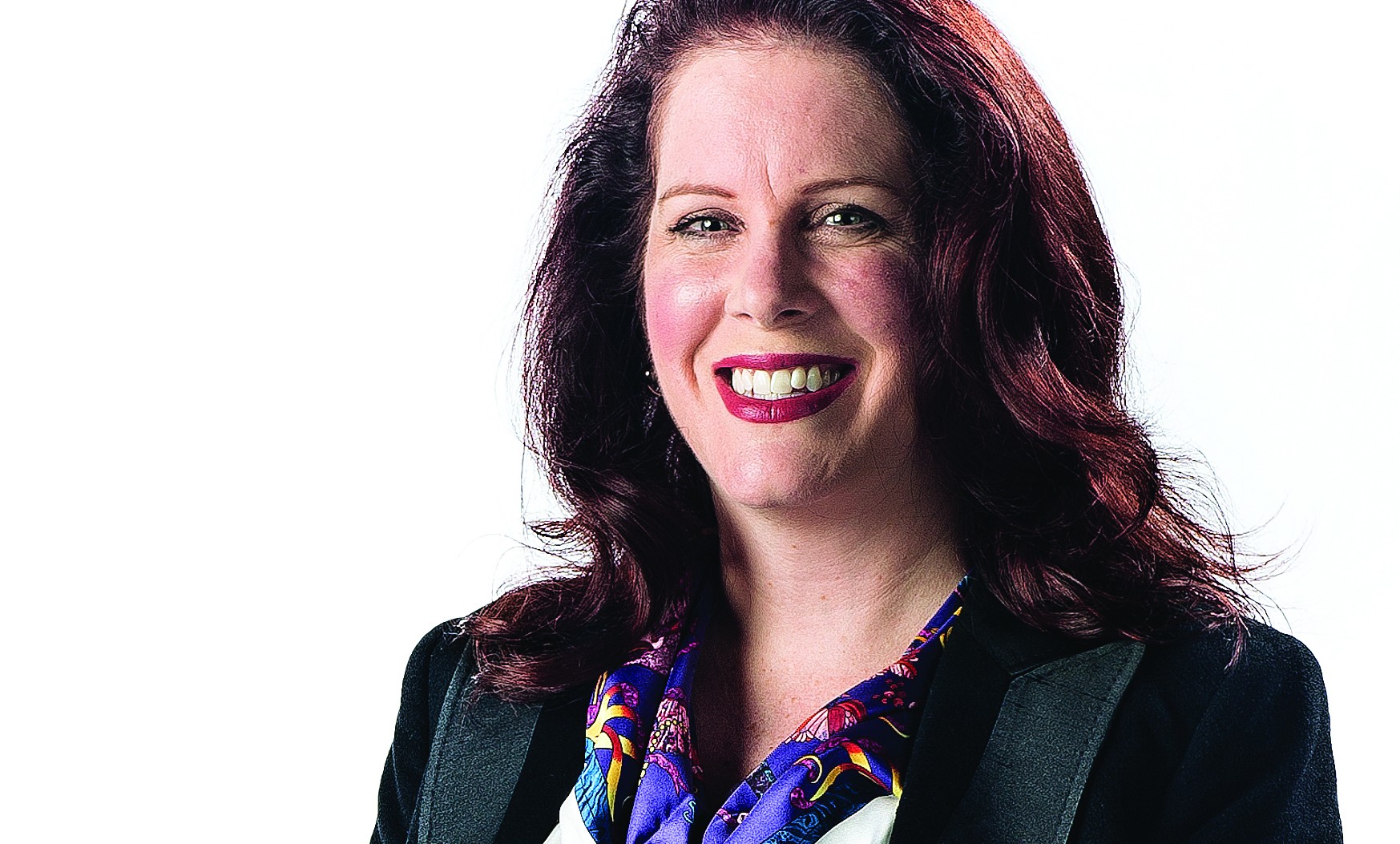
From Where I Sit: Switch Off
Spark Consulting's Elizabeth Weaver Engel, CAE explains why occasional unplugging from technology is a job requirement for association executives.
If I had been sensible, I would’ve pursued an MBA. I was not sensible, so I chose an academic master’s program in political theory.
The department was highly competitive, funding was scarce, and jobs were scarcer—a situation that encouraged obsession and overwork. I quickly noticed that students who didn’t offset the pressure tended to lose perspective in big, public, messy ways.
When we switchtask on a person, we damage the relationship. We’re not multitasking mavens. We’re just distracted. All the time.
“Obsession.” “Overwork.” “Pressure.” “Competition.” Sounds like our constantly connected, multitasking, serve-the-members association present, doesn’t it?
According to business coach Dave Crenshaw in his book The Myth of Multitasking, “switchtasking” (rapidly alternating between tasks) costs us time, efficiency, and progress on the task at hand. When we switchtask on a person, we damage the relationship. We’re not multitasking mavens. We’re just distracted. All the time.
Now that available technology approaches the level of magic (to paraphrase Arthur C. Clarke), how do we make space for perspective?
Turn off.
I hear you. Heresy! Impossible! What if my board chair can’t reach me?
I’m not advocating smashing your smartphone, deleting your social networking accounts, giving your iPad to your kids, and going back to communicating by carrier pigeon or, worse, fax. But we have to set boundaries.
Start with some editing. We get a flood of information from everywhere, but we can’t care about it all. Have a sanctuary with no smartphones, tablets, laptops, or TVs. Mine is my bedroom, but it can be a den, workshop, or back porch—anywhere you can reflect undisturbed.
Have at least one absorbing hobby or avocation you love that has nothing to do with your job. When you’re engaging in it, engage fully. When you go on vacation, go on vacation.
With very few exceptions, no one’s life depends on 24/7 availability. This is particularly tough for association executives. We want to be responsive to volunteer leaders and members. Many of us work in small-staff organizations, where redistributing responsibility, even temporarily, is nearly impossible.
But you’re not indispensable. None of us is. Educate your board about the culture you are choosing for your association. Make sure at least one person knows how to reach you in case of a true emergency, and make sure that person can actually determine what constitutes one.
Don’t check in. Constantly checking up on your staff implies you don’t have confidence in them. Is that the message you want to send?
To paraphrase Mary Oliver, it’s up to each of us to own our choices about how we invest our “one wild and precious life.” Choose intentionally and wisely.
(photo by Zaid Hamid)





Comments